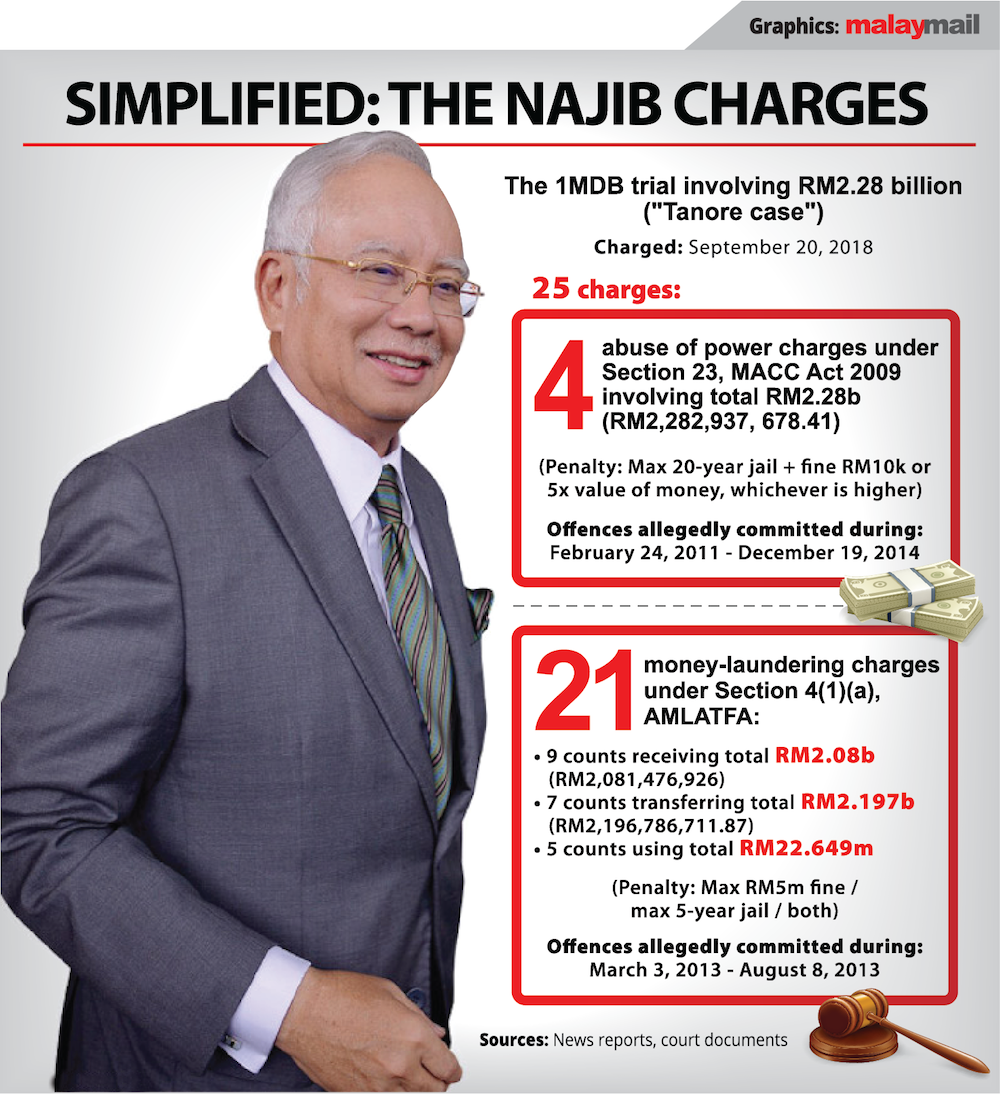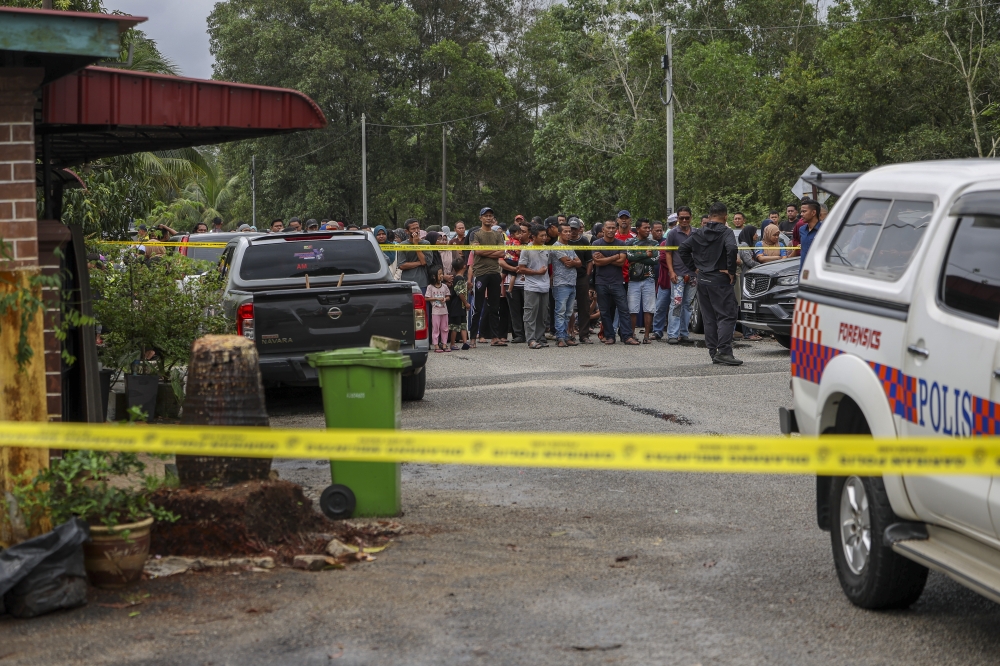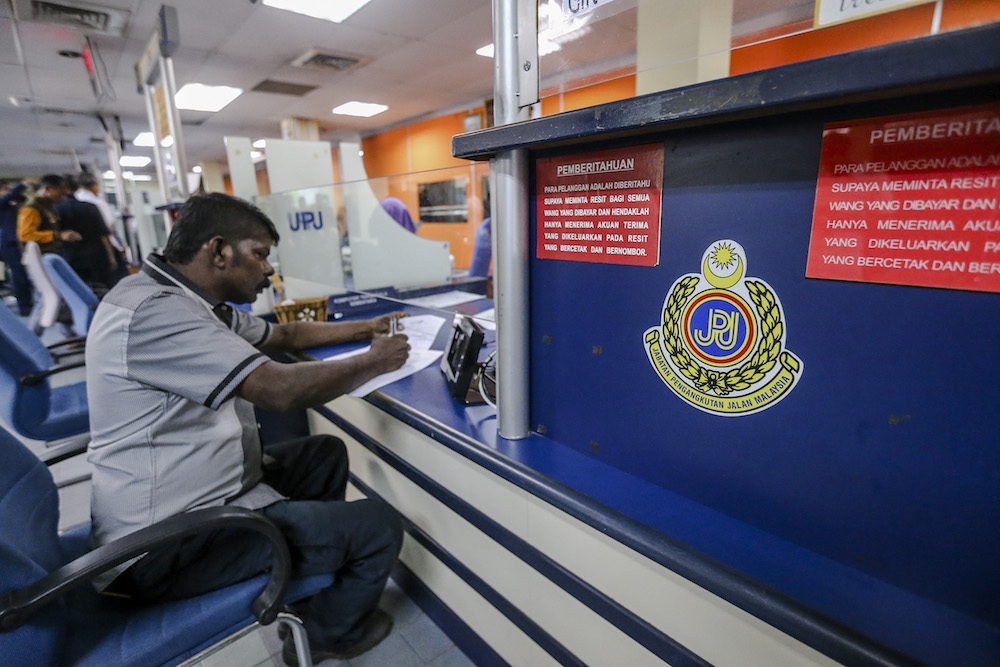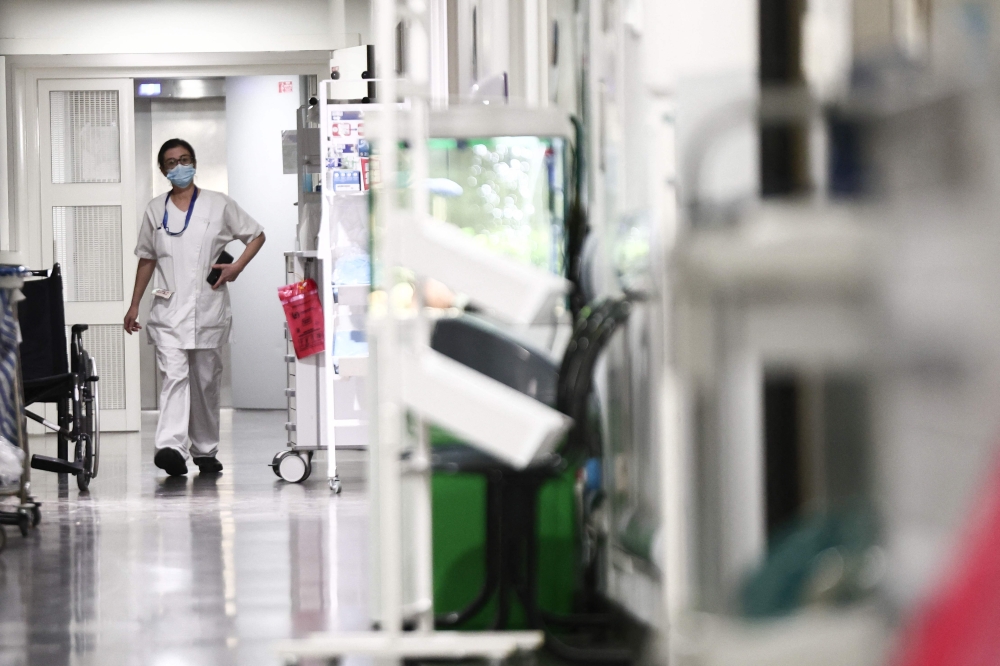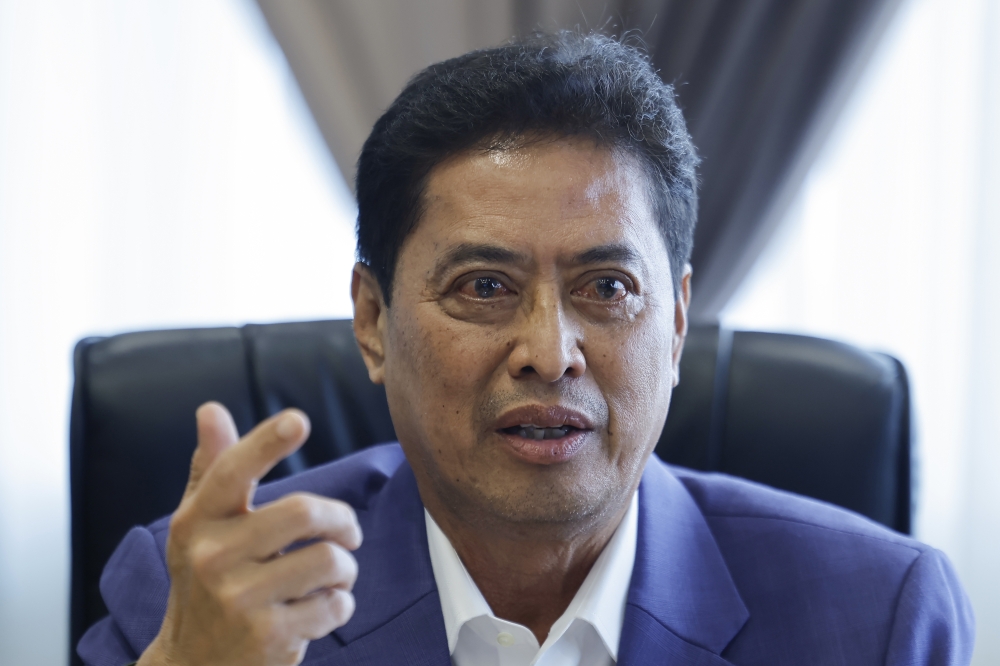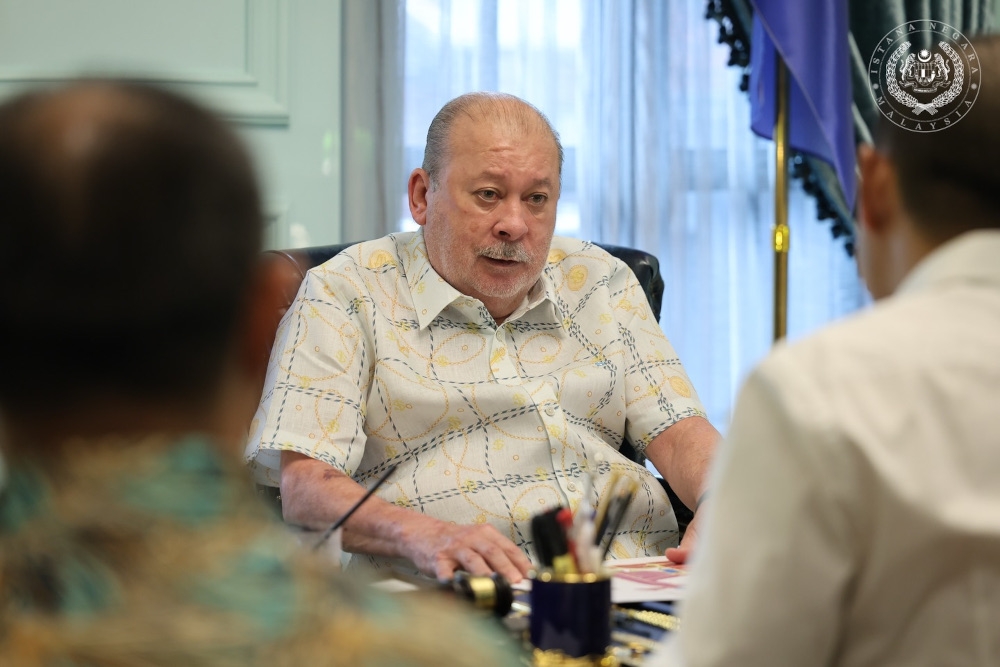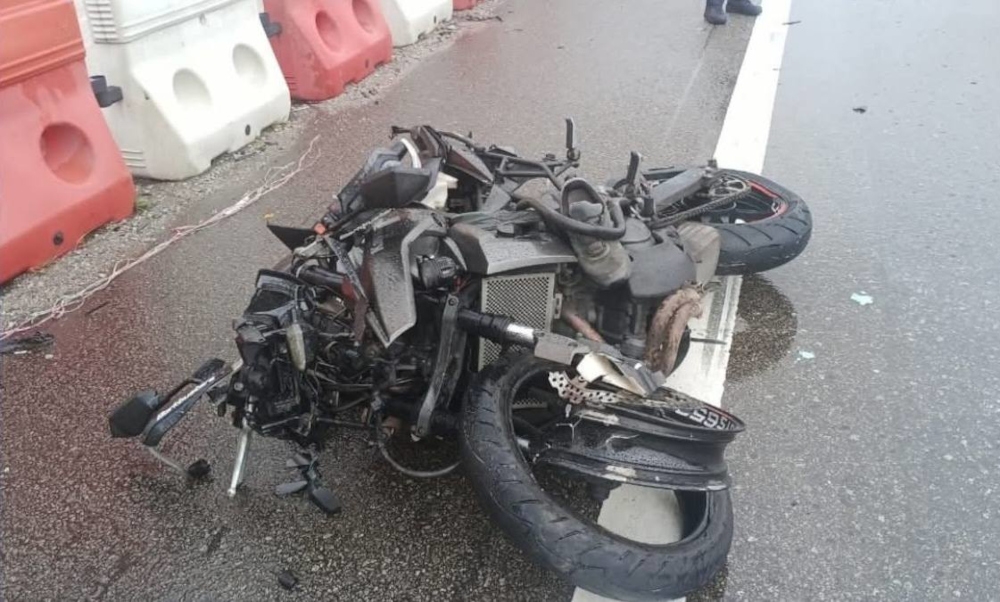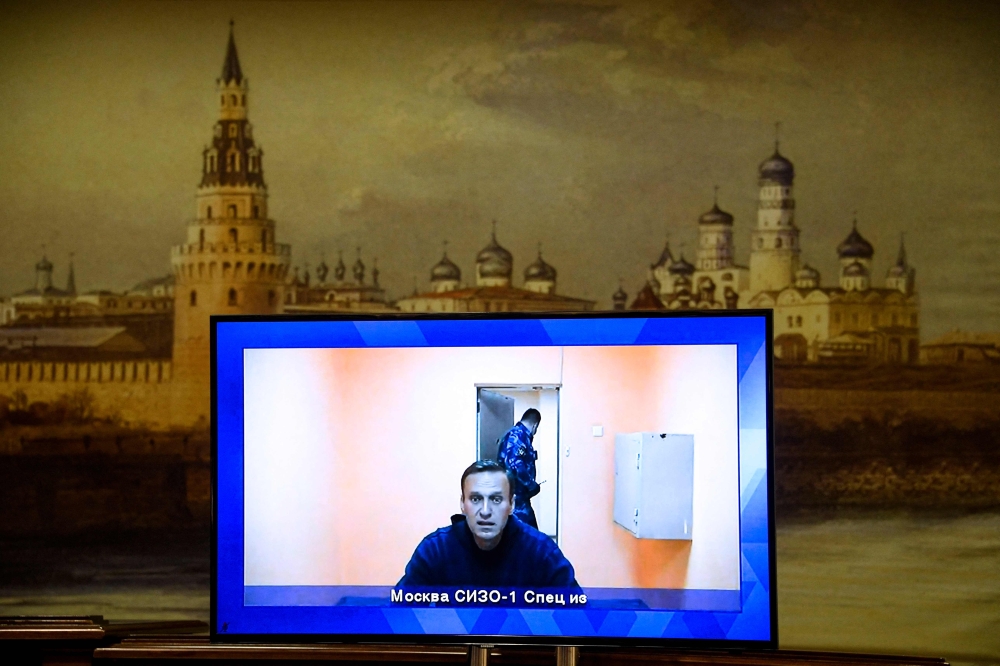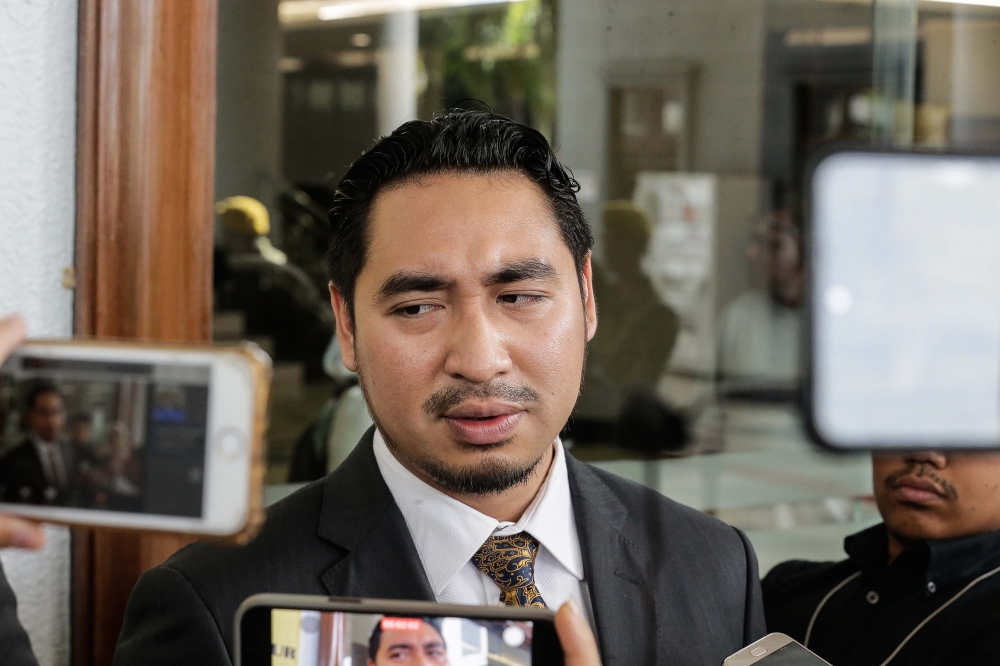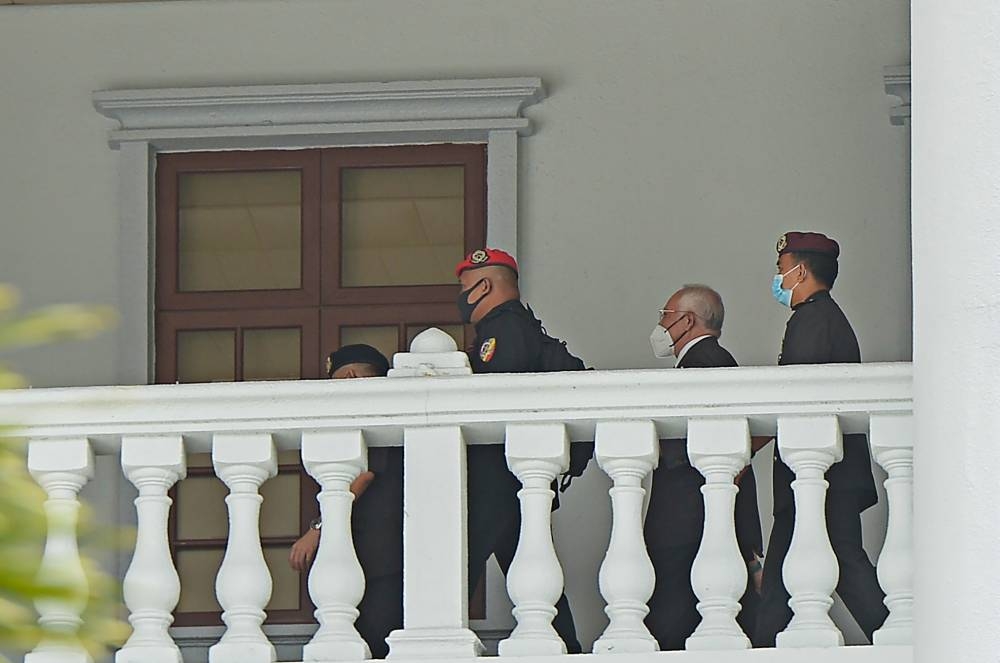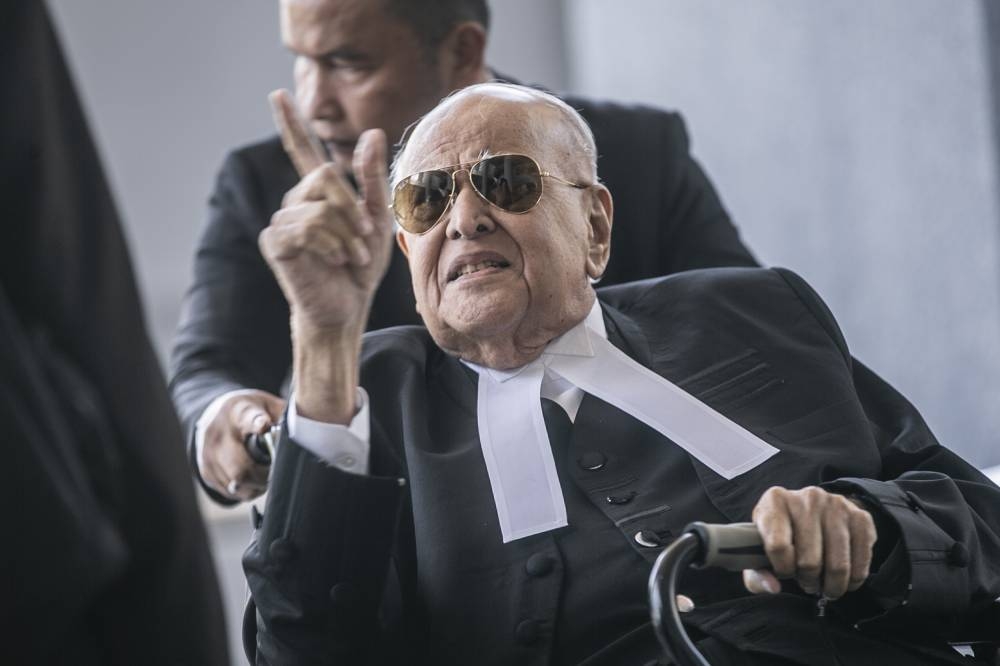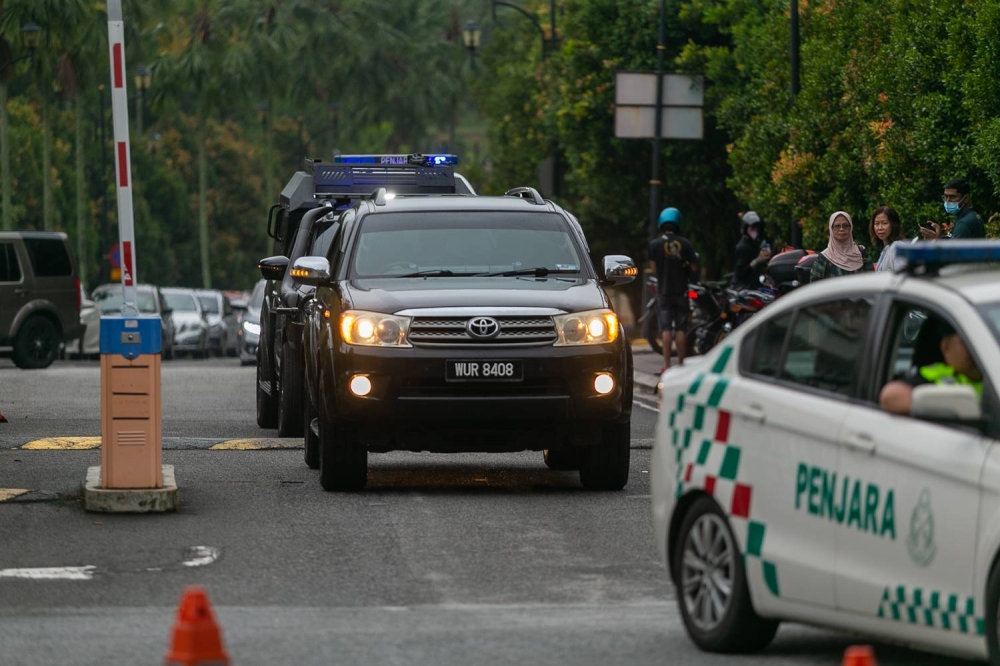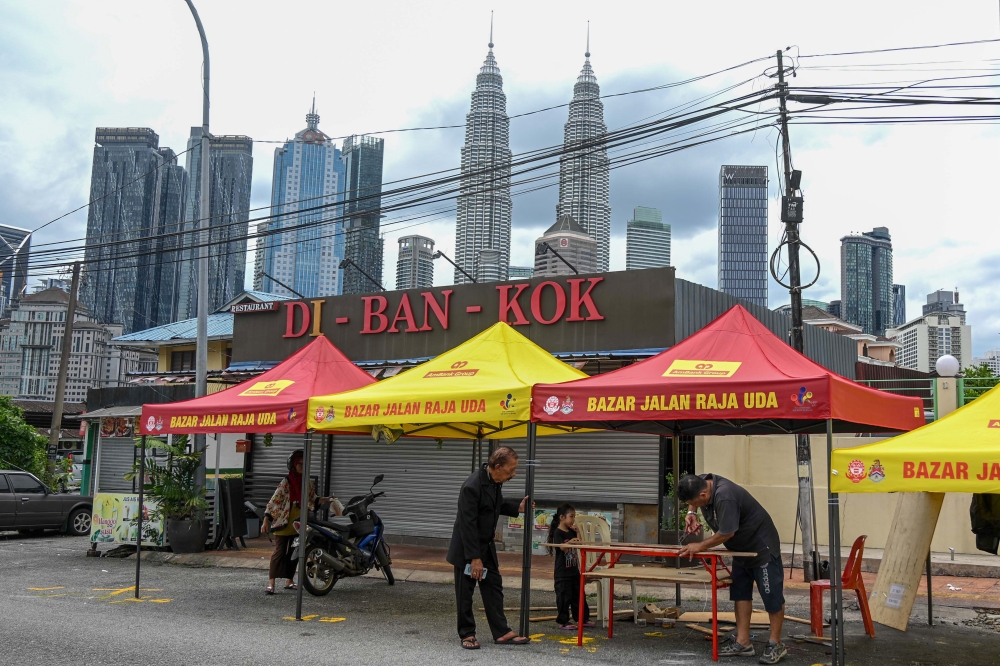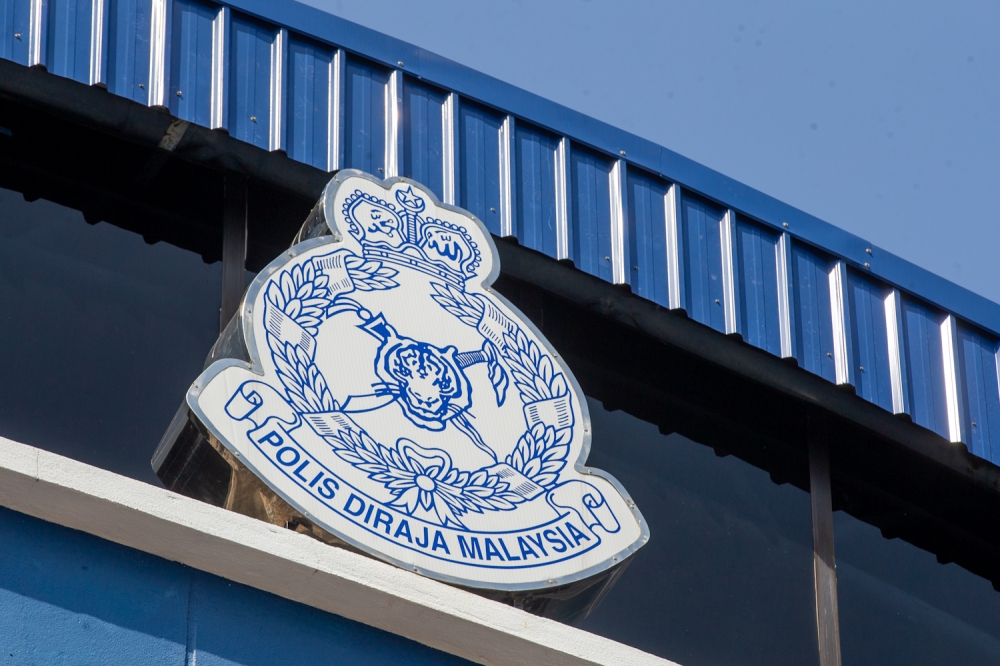KUALA LUMPUR, Nov 15 — The prosecution today urged the High Court to allow an audio recording — which allegedly contains Datuk Seri Najib Razak’s voice — to be played in a trial, in order to rebut the former prime minister’s claim that the RM2.28 billion which entered his personal bank accounts were an “Arab donation”.
In this trial, Najib is facing 25 charges over his alleged power abuse and money laundering over the RM2.28 billion which is said to belong to 1Malaysia Development Berhad (1MDB). Najib’s lawyers had however presented letters purportedly from a Saudi prince to argue that the money was donated to Najib by Saudi Arabia’s royalty.
Lead prosecutor Datuk Seri Gopal Sri Ram today presented arguments on why the High Court should allow the audio clip to be played in the courtroom.
While Najib’s lawyer Tan Sri Muhammad Shafee Abdullah had yesterday claimed the audio clip was allegedly an “illegal taping”, Sri Ram argued that it could still be presented in court as it was relevant to the court case.
“Why it is relevant is this, we say the contents and date of the transcript would go to some extent, if not the whole length, to rebut the defence that the accused received a donation and though he was dealing with money that had been donated to him,” he said, adding that these facts would help prove Najib’s “mens rea” or guilty state of mind for the power abuse and money laundering charges.
Sri Ram said this was because Najib’s lawyers had suggested to prosecution witnesses that Najib “did not know that the money that came into his account were 1MDB money but were actually Arab donation”, and said he has to counter Najib’s defence team’s insistence that the money were donated.
Among other things, Sri Ram argued that the audio recording should be admissible in court as evidence, and said Najib’s lawyers could still present arguments to ask for the court to not give any weight to the recording as an evidence.
Sri Ram also relied on Section 41A of the Malaysian Anti-Corruption Commission Act to say the audio recording can be admitted or accepted as evidence in court.
Under Section 41A, any document obtained by the MACC can be admissible in any court cases under the MACC Act, “notwithstanding” or even if it goes against any other written law.
Sri Ram argued that the tape recording can be categorised as a “document” under Section 41A and can be admitted as an evidence in court, and said Section 41A is a special provision that would take precedence or override the Evidence Act — which contains requirements before a tape recording can be admitted in court.
As for Shafee’s previous objection that the tape recording was not properly obtained, Sri Ram argued that evidence which are improperly or irregularly obtained can still be admissible in court as evidence, if such evidence are relevant to the case.
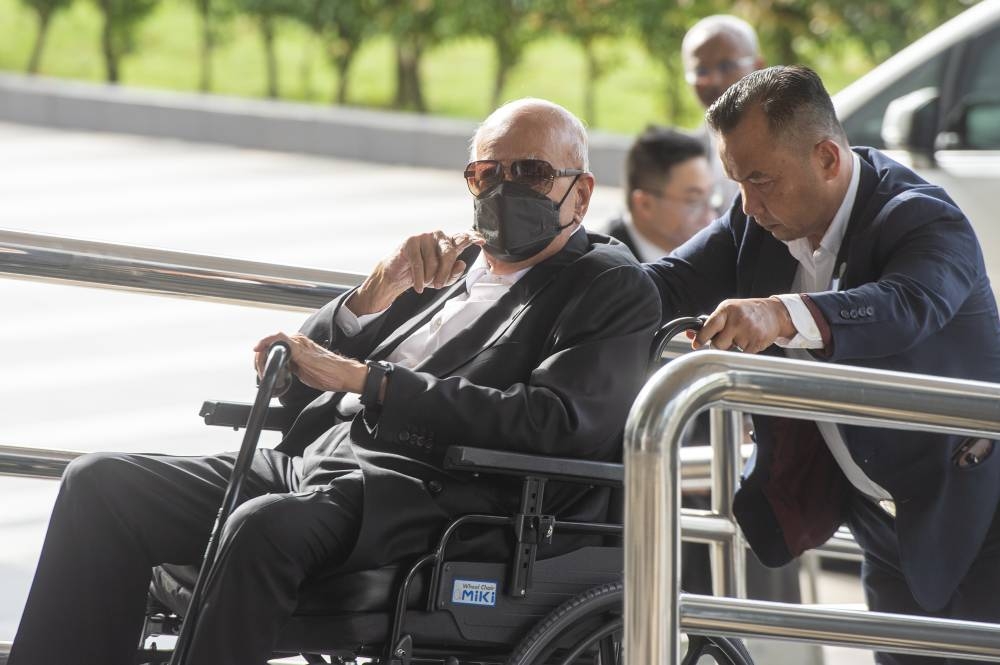
Sri Ram however suggested that the High Court could allow these tapes and transcript to be included in this trial for identification purposes only, which means that the High Court would not consider them as evidence first unless the prosecution manages to prove these evidence through prosecution witnesses.
While saying that Shafee’s position is that harm would be done once the audio clip is played and that such harm cannot be undone if the court later finds the recording to be inadmissible as evidence, Sri Ram disagreed with this.
Sri Ram argued that the judge could order for the tape’s contents to not be published until he decides on whether it is admissible as evidence, and that the public should be entitled to hear its contents once the court rules the audio clip as admissible.
He said this would allow the court to address Najib’s fears of being prejudiced if the audio clip is played in court.
Shafee said he would present his arguments on this matter next week.
Yesterday, Sri Ram had started playing an audio clip in court and showed the transcript, with 42nd prosecution witness and former 1MDB chairman Tan Sri Mohd Irwan Serigar Abdullah identifying one of the voices there as sounding like Najib’s voice.
The voice identified as sounding like Najib had addressed the other individual as “Your Highness” and spoke about the need to resolve an impasse regarding 1MDB and IPIC which was alleged to be embarrassing to both Malaysia and the UAE, but the playing of the audio recording was interrupted yesterday by Shafee.
Shafee yesterday objected to the audio recording and the transcript being admitted as evidence in this trial, suggesting that this was an “illegal taping” and not to be used in court, and also highlighted that the conversation was between two heads of states. The judge had then decided to hear the matter on another day.
Najib’s 1MDB trial before High Court judge Datuk Collin Lawrence Sequerah will resume tomorrow afternoon, with the prosecution expected to call its 43rd witness to testify.
